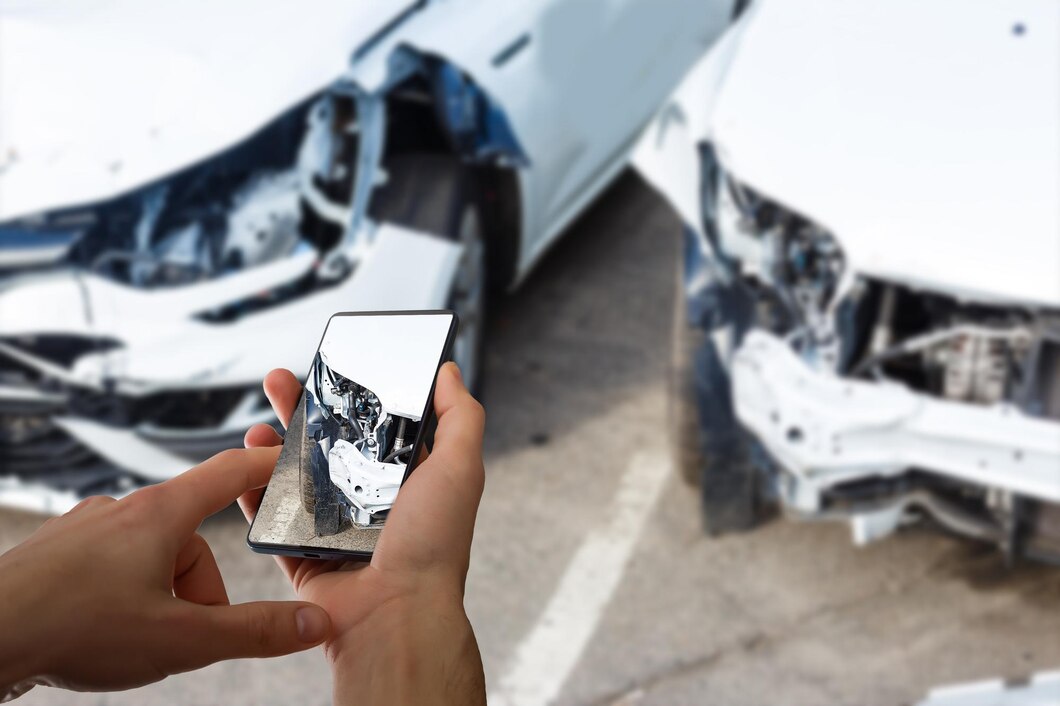Buying accident damaged cars for parts can be a cost-effective way to repair or enhance another vehicle. However, it requires careful consideration and awareness of potential pitfalls to ensure you get the best value and quality parts. Here’s what you need to know before purchasing accident damaged cars for parts:
1. Determine Your Needs:
- Identify Parts: Before buying, make a detailed list of the parts you need. This helps you focus your search and avoid purchasing unnecessary components.
- Condition Requirements: Decide whether you need parts in excellent condition, suitable for refurbishment, or strictly for salvage purposes.
2. Source Reliable Sellers:
- Trustworthy Sources: Look for reputable sellers such as salvage yards, auto dismantlers, or online platforms specializing in salvage vehicles.
- Check Seller Reviews: Research seller reviews and ratings to gauge their reliability and customer satisfaction levels.
3. Assess Damage and Compatibility:
- Inspect Thoroughly: Physically inspect the vehicle or request detailed photos to assess the extent of damage and identify salvageable parts.
- Verify Compatibility: Ensure that parts from the damaged vehicle are compatible with your vehicle in terms of make, model, and year.
4. Consider Legal and Safety Aspects:
- Title Status: Check the title status of the vehicle. Salvage titles indicate the vehicle has been damaged significantly, affecting its resale value and potentially its insurability.
- Legal Compliance: Understand local laws and regulations regarding salvage vehicles, parts sales, and vehicle repairs.
5. Evaluate Cost vs. Benefit:
- Cost Analysis: Calculate the total cost of acquiring and transporting the vehicle versus purchasing new or refurbished parts.
- Factor in Repair Costs: Estimate repair costs for salvaged parts, including labor if necessary, to determine overall savings compared to buying new parts.
6. Negotiate and Insure:
- Negotiation: Bargain for a fair price based on the vehicle’s condition, market value of parts, and your budget.
- Insurance Consideration: Verify insurance coverage for salvage vehicles or parts to protect your investment in case of damage during transport or storage.
7. Environmental Responsibility:
- Dispose Responsibly: If not using all parts, dispose of remaining materials responsibly to comply with environmental regulations.
- Recycling Opportunities: Explore recycling options for unusable parts or materials to minimize environmental impact.
Tips for Success:
- Research extensively: Understand market prices for parts and vehicles to negotiate effectively.
- Inspect personally: Whenever possible, inspect the vehicle or parts in person to verify condition and suitability.
- Document Everything: Keep records of transactions, communications, and receipts for parts purchased for future reference.
Buying accident damaged cars for parts requires diligence and knowledge to ensure you get quality components at a reasonable cost. By following these guidelines and being thorough in your research and inspections, you can maximize the benefits of purchasing salvage vehicles for parts while minimizing potential risks and pitfalls.











